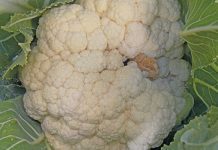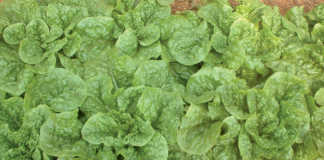Then, as now, most of these were municipal employees and many had other jobs within the municipal structures. This meant that farmers were often last in the queue. The first agents were initially informal representatives who ensured that the cattle drawing the wagon had food and water and that the produce was offloaded correctly.
They were not fully-fledged market agents at this stage, although two key requirements were already evident. The first was that a need had developed for somebody to perform these services for the farmers. The second was that this person had to be somebody the farmer could trust.
A trusted representative in his absence
The next logical step came when the farmer required that his representative be present when the market master sold his goods to either approve or refuse the price offered in the auction. In other words, the representative became involved in the price-setting function.
The final step was for this representative to take on an accounting function by ensuring that all the paperwork from the municipality was in order. He no doubt also collected and deposited the cheque on behalf of the farmer. These three key functions – service, price formation and accounting to the principal – remain at the heart of a modern market agent’s services to his producer.
Fixed market fees, negotiable agents’ commissions
In today’s markets, you will find the market master – now known as the market authority – charging the farmer a 5% market fee and the market agent charging a negotiable 7,5% commission. I am informed that these amounts were agreed upon in 1948 or thereabouts after consultation by fresh produce markets, market agents and producers. The market fee can be changed only by the municipal council concerned, while the agent’s commission is negotiable.











